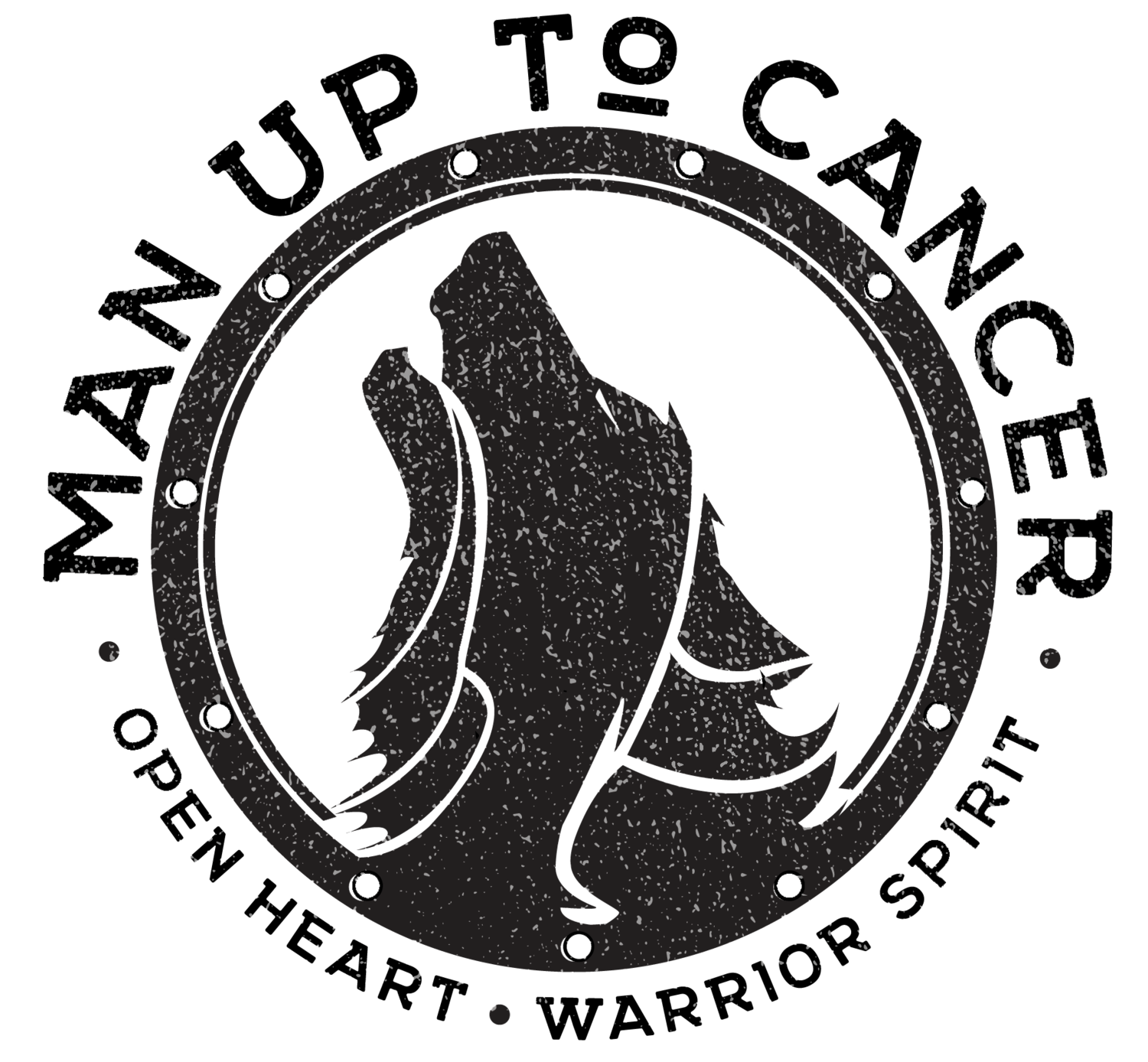Meet Asa Rosema | Male Breast Cancer Warrior
Breaking the Stigma: Male Breast Cancer Warriors Share Their Stories
When most people think of breast cancer, they often associate it with women. But breast cancer doesn’t discriminate by gender—it can affect men too. At Man Up to Cancer, we believe in shedding light on the brave men who face this diagnosis, often in silence. This Breast Cancer Awareness Month, we are dedicated to sharing the powerful stories of our male breast cancer warriors. Throughout October, you'll hear firsthand accounts of their journeys, the challenges they’ve faced, and how they’ve found strength through the support of our Wolfpack community.
We kick off the series with Asa Rosema, who was diagnosed with breast cancer at just 30 years old. Asa’s story is a reminder that early detection and speaking up about health concerns can make all the difference—no matter your gender.
Stay tuned as we continue to amplify the voices of men who are battling breast cancer, breaking stigmas, and proving that cancer has no boundaries.
Q&A WITH ASA ROSEMA
1. Breast cancer is often associated with women. How did you first react when you were diagnosed, and how has this perception impacted your journey as a man with breast cancer?
I realized how serious it was when I was told to schedule a biopsy, but I was still pretty shocked at the diagnosis, mostly because of my age. I had just turned 30 two months before my official diagnosis. I didn’t think I would have any type of cancer, much less breast cancer. Before my diagnosis, I didn’t even know men could get breast cancer. At first, it was really uncomfortable to explain what type of cancer I had. But now, knowing I’m not alone in facing male breast cancer, I’ve become more open about my experience. I hope that by sharing my story, more men will feel like they can talk about it too.
2. Can you describe your experience with accessing healthcare and support as a male breast cancer patient? Were there any specific challenges you faced due to the perception that breast cancer is primarily a women’s issue?
I was fortunate that my primary care office took me seriously when I mentioned feeling a lump in my chest. They ordered a mammogram (my first and only one, and it found cancer—go figure). It felt strange in the waiting room at the breast cancer clinic. There were other men, but they were there with their wives, and I was just a lone guy waiting for my turn. I waited longer than anyone else because the office didn’t want the female patients to feel uncomfortable with a man there, so I was the last scan of the day both times. But the nurses and techs were really kind and did their best to ease my discomfort. They even adjusted the care form after my biopsy to reflect that I was male, which meant my post-care instructions were slightly different.
3. What advice would you give to other men who may feel hesitant to talk about their health or seek help for something they don’t think affects men, like breast cancer?
If something feels off, definitely talk to your doctor. It might be something, or it might be nothing, but it’s best to get it checked out. For male breast cancer specifically, have some statistics ready in case you face pushback. Tell your doctors that 1 in 726 men get breast cancer, and advocate for the necessary testing. Bring someone with you, or ask for a patient advocate through your health system to make sure you get the care and follow-up you need.
4. How has Man Up to Cancer supported you during this time? Can you share how the community or resources from MUTC have helped you through your journey?
Man Up to Cancer has been amazing! When I shared my diagnosis on the intake form, I was immediately connected with another male breast cancer warrior. I can’t even put into words how incredible it was to have someone to talk to, to vent to when necessary, and to know I wasn’t alone as a man battling breast cancer.
I also received a chemo care backpack filled with practical items that made chemo a bit more bearable. I was nominated to receive it by the chapter leader of the Michigan Wolfpack, and it was such a welcome surprise during my treatment.
Connecting in person with my fellow Michigan brothers, and meeting other brothers from all over the world at the Gathering of Wolves retreat, has been a huge source of strength. It means so much to have my Wolfpack brothers standing with me as we fight cancer together..


